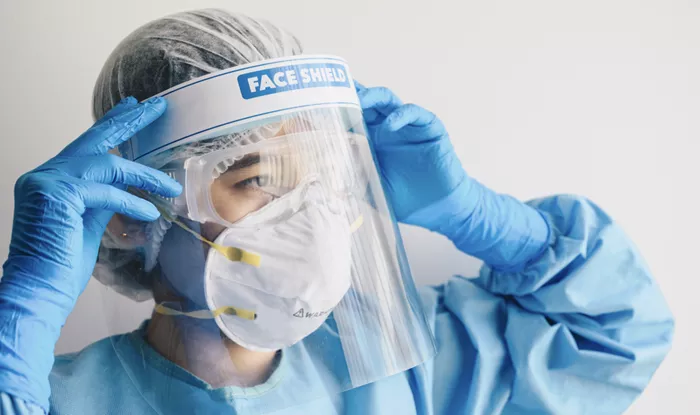As the winter season approaches, the United States is grappling with a surge in respiratory infections that is prompting several states to reintroduce mask mandates. In response to a sharp uptick in cases of COVID-19, influenza, respiratory syncytial virus (RSV), and norovirus, key states such as California, Illinois, Indiana, New Jersey, New York, and Wisconsin have enacted mandatory face coverings in healthcare settings. This wave of policies is a proactive step in combating what health experts are now calling a “quad-demic.”
The term quad-demic refers to the simultaneous rise of four significant respiratory infections, all of which present severe risks to public health:
COVID-19: Despite widespread vaccinations, new variants of COVID-19 continue to emerge, contributing to persistent transmission in many regions.
Influenza: Seasonal flu cases have surged by over 30% compared to the previous year, placing increasing pressure on healthcare facilities.
RSV (Respiratory Syncytial Virus): Particularly dangerous for infants, young children, and the elderly, RSV cases have doubled, resulting in a significant spike in hospitalizations.
Norovirus: Known for causing gastroenteritis, norovirus outbreaks can complicate health situations during the colder months, contributing to overall strain on healthcare systems.
Health experts have expressed concern that the convergence of these viruses during the winter could overwhelm healthcare resources unless measures like mask mandates are put in place.
Several states are already taking action to address the growing concern over these viral infections. In California, multiple counties, including Alameda, San Francisco, and Santa Clara, have implemented mask mandates in healthcare settings, effective from November 1, 2024, through March 31, 2025. These mandates apply to both healthcare workers and visitors in patient care areas.
Likewise, New Jersey’s RWJBarnabas Health has reinstated mask requirements for all employees and visitors within its healthcare facilities. Dr. Andy Anderson, from RWJBarnabas Health, emphasized the importance of masks: “We are witnessing a rapid increase in respiratory infections. Masks are essential in protecting our patients and staff during this critical time.”
Other states, including New York, Illinois, and Wisconsin, have also followed suit, reinforcing mask mandates in response to rising infection rates. Healthcare workers in these areas are reporting higher volumes of patients with respiratory illnesses, further underscoring the need for protective measures.
The decision to reintroduce mask mandates is driven by a variety of factors:
Surge in Respiratory Infections: Data from health authorities show a concerning rise in flu and RSV cases, overwhelming local healthcare systems in several states.
Vulnerable Populations: Older adults, young children, and individuals with compromised immune systems are at heightened risk from these viruses, making preventive measures even more critical.
Preventing Overwhelmed Healthcare Systems: Masks have been proven to reduce transmission rates in high-risk settings, such as hospitals and nursing homes, where the most vulnerable populations are treated.
Dr. Anderson reiterated the need for collective responsibility: “Wearing masks is a simple but effective way to protect those who are most vulnerable in our communities. It’s essential that we all do our part.”
Read more:
- Winter Vomiting Disease On The Rise: How To Avoid Norovirus And Its Tough Resistance
- Cheese Up, Milk Down: The Impact Of Changing Dairy Habits On Our Health
- Bird Flu Hits Cats Again: Another Raw Pet Food Brand Contaminated


